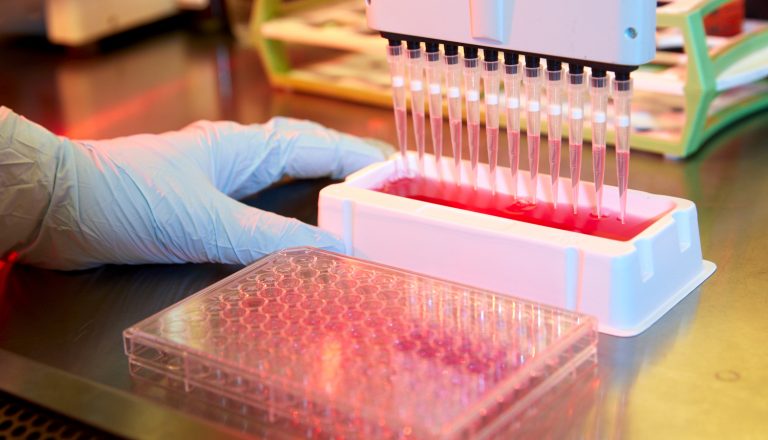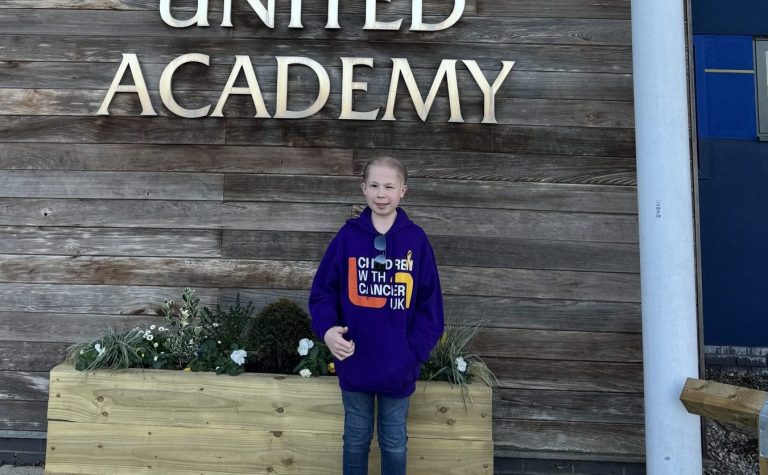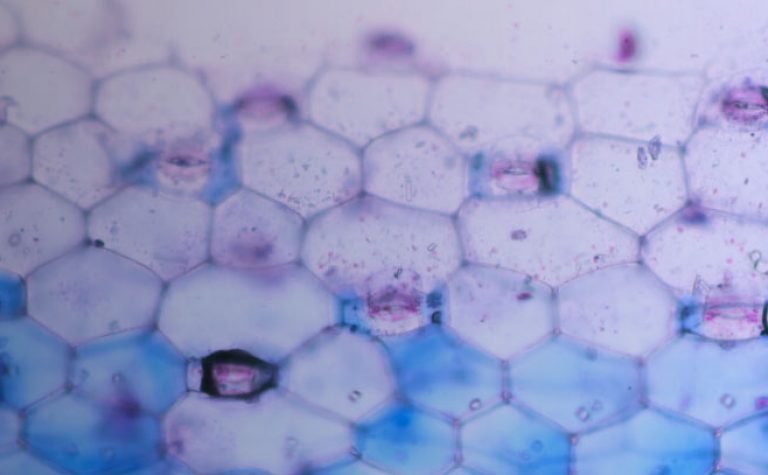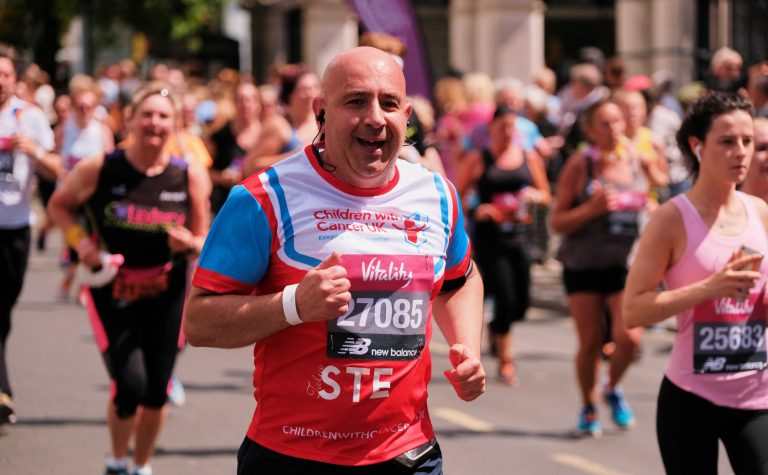This March we are highlighting
Brain Tumour Awareness Month through ‘The Voice of 30’ including researchers and medical experts, who are giving hope by working tirelessly to further understand and eradicate brain tumours, as well as brave children and young people and their families affected by this life-threatening cancer. These include
Lucie, who was diagnosed with a
brain tumour at just five weeks old. The devastation and fear that Lucie’s parents and siblings felt was overwhelming but with quick diagnosis, treatment and regular check-ups, Lucie is now reaching lots of milestones and amazing medical staff with her resilience and love of life. Her mother Philippa says of Lucie’s condition, when she was just a few months old and was receiving treatment, ‘Lucie’s condition deteriorated further and we were told that unfortunately there was no more that could be done for her and that we should prepare to say goodbye…then something amazing happened. Lucie started to wake up, open her eyes and look around. She even started smiling at doctors and nurses.’
Read more about Lucie’s story. Brain tumours have an overall survival rate of over 70% but, because they are one of the most common tumour types, they also account for the highest number or deaths.
Brain Tumour Awareness Month was created to applaud the bravery and resilience of those diagnosed, to highlight the incredible work that scientists carry out to find better, more effective treatments and to encourage fundraising so that research can be continued. Understanding more about cancers in children and young people, such as brain tumours, is vital because it can not only lead to discoveries about that particular cancer type, but also other cancers that adults are also diagnosed with. Brain tumour treatment rarely responds in the same way for children and young people as it does for adults. The effects of treatments, like
chemotherapy, can have a huge impact on their bodies, which are not fully developed, with huge physical and mental after-effects which they can carry for the rest of their lives. That is why Children with Cancer UK is at the heart of
funding research that looks to develop kinder treatments so that each child and young person can be given a treatment that works for them and treats their cancer specifically. One such lead researcher is
Associate Professor Beth Coyle at The University of Nottingham. She and her team are looking at why chemotherapy drugs that seem to be effective in adults do not work for children. The research project is investigating how a specific chemotherapy drug can be more effective in its results but also in its delivery to the brain without damaging the surrounding healthy cells and tissue. Other research projects, currently funded by Children with Cancer UK, include
Professor Richard Grundy who is part of the unique partnership BIOMECA. It comprises of leading specialists across Europe, who are collecting samples from children with ependymoma, one of the most challenging brain tumours in existence, to understand this cancer better. The higher sample numbers mean more detailed research to find effective treatments for children. To find out how you can help make a difference, please visit our
Brain Tumour Awareness Month page 


